The past couple of installments of this column have focused a bit more intensely on specific games. I’ve talked about how to help your guild get better at World of Warcraft and Final Fantasy XIV. They’re both subjects that I know quite a bit about, and one that I could probably continue on about for quite some time — although “How to get your local Solitaire group to improve” would probably not be terribly welcome.
But then, that’s the fun part, isn’t it? Sure, you might not actually play Final Fantasy XIV, but there’s stuff in there that’s equally applicable to groups in every game. You can, in fact, extrapolate. And even if you can’t, there’s some general-purpose advice available for everyone about how to make sure that your group gets better at whatever game you’re playing. So this week, let’s be a wee bit more general — starting with a tip that’s been implied but unsaid the whole time.
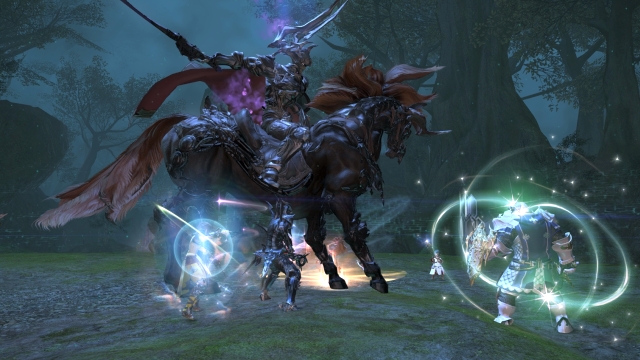
Make sure you’re actually good yourself
You’ve heard the sentiment batted around many times by now, I’m sure: It’s better to be quiet and be thought a fool than to open your mouth and remove all doubt. And that is, in fact, entirely true. I’ve seen far too many people open their mouths to give advice about how to play a given class in various games, only to reveal in the process that the speaker has no idea how to actually play the game effectively. Sometimes less than no idea.
So before you start worrying about the group doing better, take the time to make sure that you’re doing well. Step back. Read up. Do research. Practice your rotation, group up with strangers, and get advice.
I’m not saying that you should be the best in the world, obviously; the upper side of average is fine. You should be reasonably confident that you are, in fact, capable of fulfilling the basic tasks necessary to succeed at content. You should be looking at your own performance and finding flaws to be improved, sure, but you should feel like on a whole, you know how to play the game well enough to clear the content that other people want you to help them improve in.
Similarly, you should also be willing to double-check your advice. If you tell your group that the DPS needs to kill something in a Star Wars: The Old Republic raid, when a DPS member fires back “actually, that should be the healers doing that”? Check on it. Look it up. Find consensus. Your goal here is to be good, not to win an argument.
Don’t discard contradictions out of hand just because you want to be right. Master the art of suggesting to your fellow players that you all try doing things this way, even if some of them are sure it should be done differently. They might turn out to be right, but you can find that out for sure later.
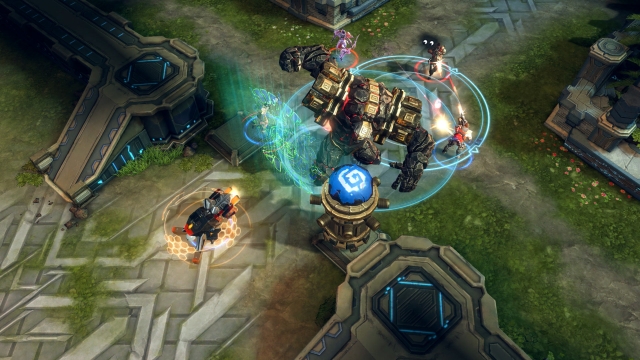
Find out who needs which kinds of attention
When someone isn’t playing well, there are a lot of potential reasons. Some players just don’t know what they’re doing yet. Some players need to fail a few times in order to learn the mechanics. And some players are going to need personal one-on-one attention to understand what they’re doing wrong and how they’re going to fix it.
Every player who is trying to improve needs a different sort of attention. The players who need to fail a few times, for example, are going to be pretty upset if you take them aside and try to coach them through something in a one-on-one setting. You need to let those players screw up and see “oh, that’s what I need to do.” Check in with them occasionally to make sure that they do know what they’re doing, but you don’t want to pressure them. On the flip side, the players who do need one-on-one attention will often say that they know what they’re doing; it’s just that the actual encounters will tell a different story.
Your task, as someone trying to improve the group, is to find out who needs what and provide it. Which sounds easier than it is by a wide margin. Many players will think they’re better than they are, and you will need to (gently) correct them. Some players need praise, others need to be carefully walked through what’s going wrong so they can understand their individual role. And there are a lot of players who expect to find that they respond a certain way to stress, only to discover after the fact that it’s the exact opposite of what they need.
Be flexible and organic, and be prepared to tailor your approach to each individual player. Back off as necessary, and try to get a sense of who needs personal attention and who can be counted on to correct their screwups.
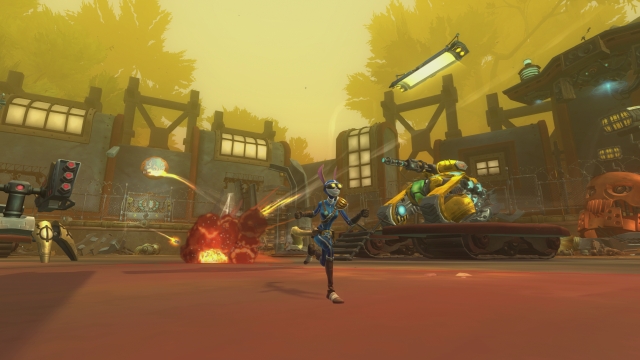
Assume competence
This one might seem like a little thing, but it makes a difference. If someone is screwing up repeatedly, there are two ways to approach the problem. You could ask Scott what’s going wrong (“Hey, Scott, what’s the matter? You can do this stuff, I know you can”) or you can be upset with Scott for failing (“Scott, come on, get this together”). The former is always a better approach.
People naturally tend to work up to what other people expect of us. If you, as an officer, approach a member to discuss performance with the stated expectation of solid play, that member is more likely to think that they need to be playing at their best. If you act like they just didn’t try, thoguh, it breeds resentment. It gives them the feeling that the effort they are putting in isn’t appreciated, just expected.
As with many other things, getting better is as much about attitude and culture as it is about mechanics. Having a culture based on the assumption that people can do something encourages more positive attitudes.
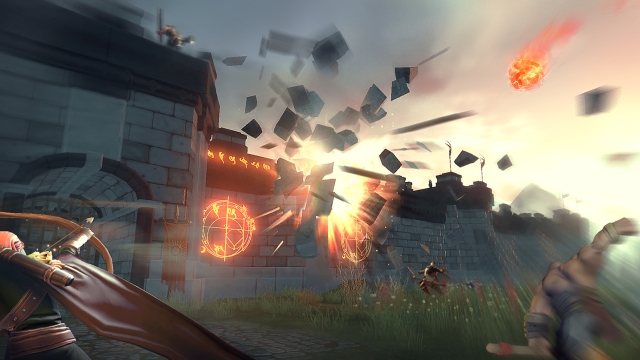
Plan your improvement times and keep them narrow
In order for a group to get better, you want to throw them against the unexpected. You want to have difficult content or opponents ready to go. So your group gets together at a specific time on a specific night, you go up against your opponents, you do the best you can, you work on improvement, and then you stop. You walk away, you let it go, you let it be.
It’s sometimes almost impossible to do this. It should also be your watchword. If you say that your group will be practicing a difficult boss for two hours, though, you make sure that at the two-hour mark, you are done. No more work. No “we almost had him, just one more try.” Two hours and done.
The reason this is so important is that improvement and practice is grinding. It’s often not fun, and it’s frequently marked by a string of failures. And especially when you’re doing the same thing for an extended period, some people are going to get tired, or get bored, or otherwise just want to take some time away. They deserve that space to process and internalize what they learned.
Making practice a regular thing means that it can be done at your own pace. You can take a deep breath, do what you need to do, then step back and try again later. You don’t have to bash your head against the wall forever, just long enough to do what needs to be done.
It’s important to have that safety valve. It’s good to know that improvement is ongoing, but it isn’t the only thing to be experienced in the game. Sure, you might have been close to victory one time, but taking some time away will tell you whether or not you can replicate that victory. And when you come back and nail the fight each time, you’ll know that all the effort to make a better group paid off dividends.

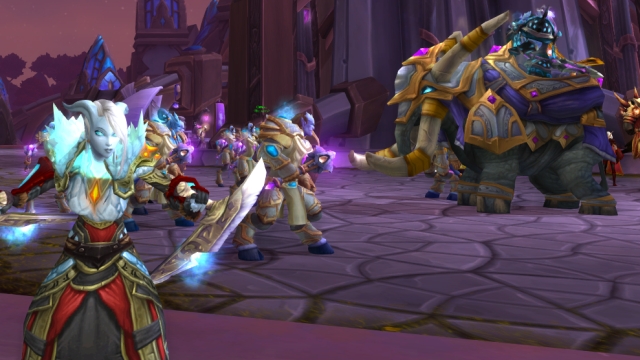





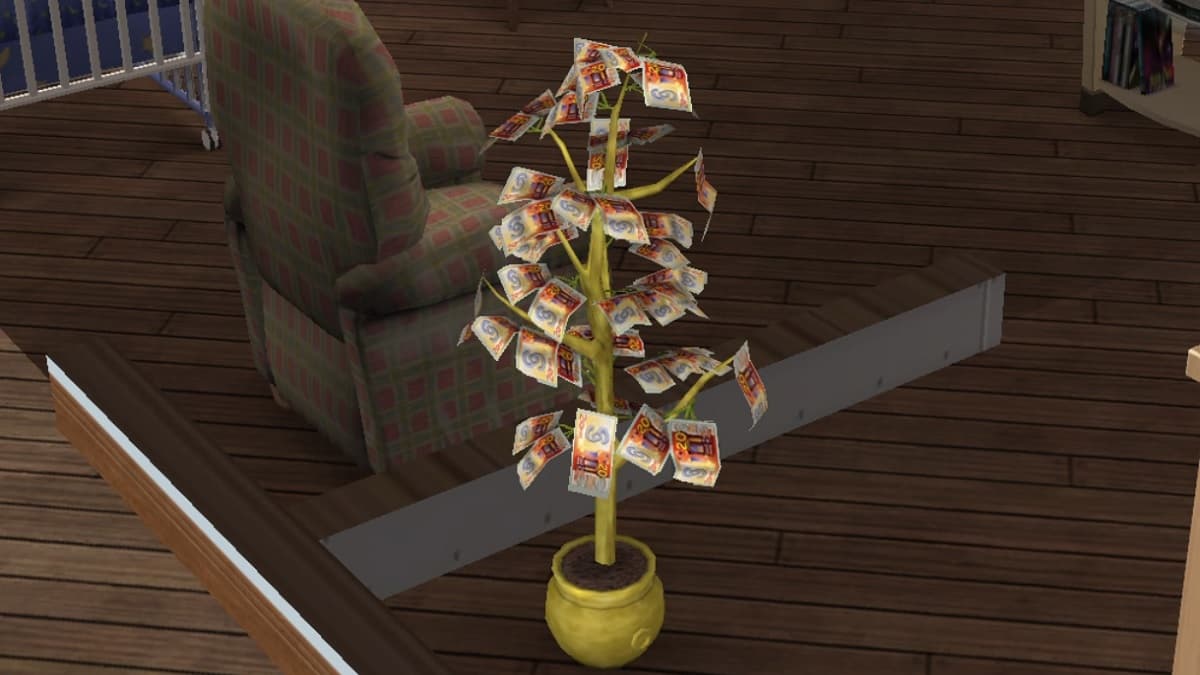

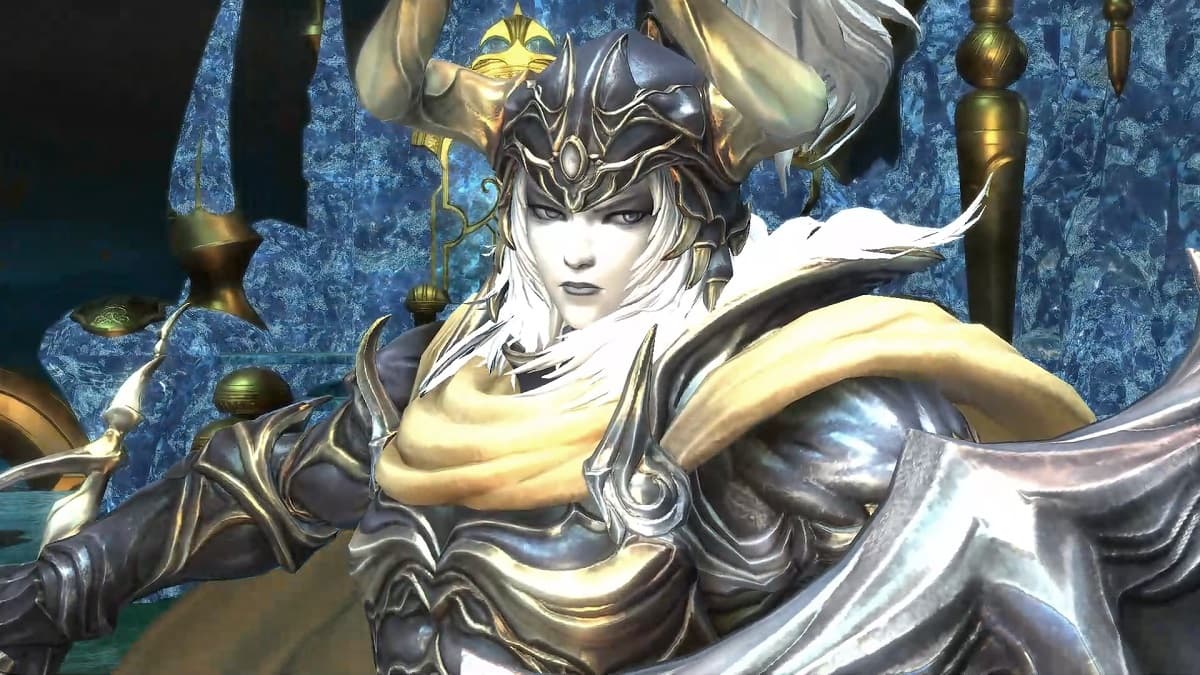
Published: Jul 6, 2016 08:50 am